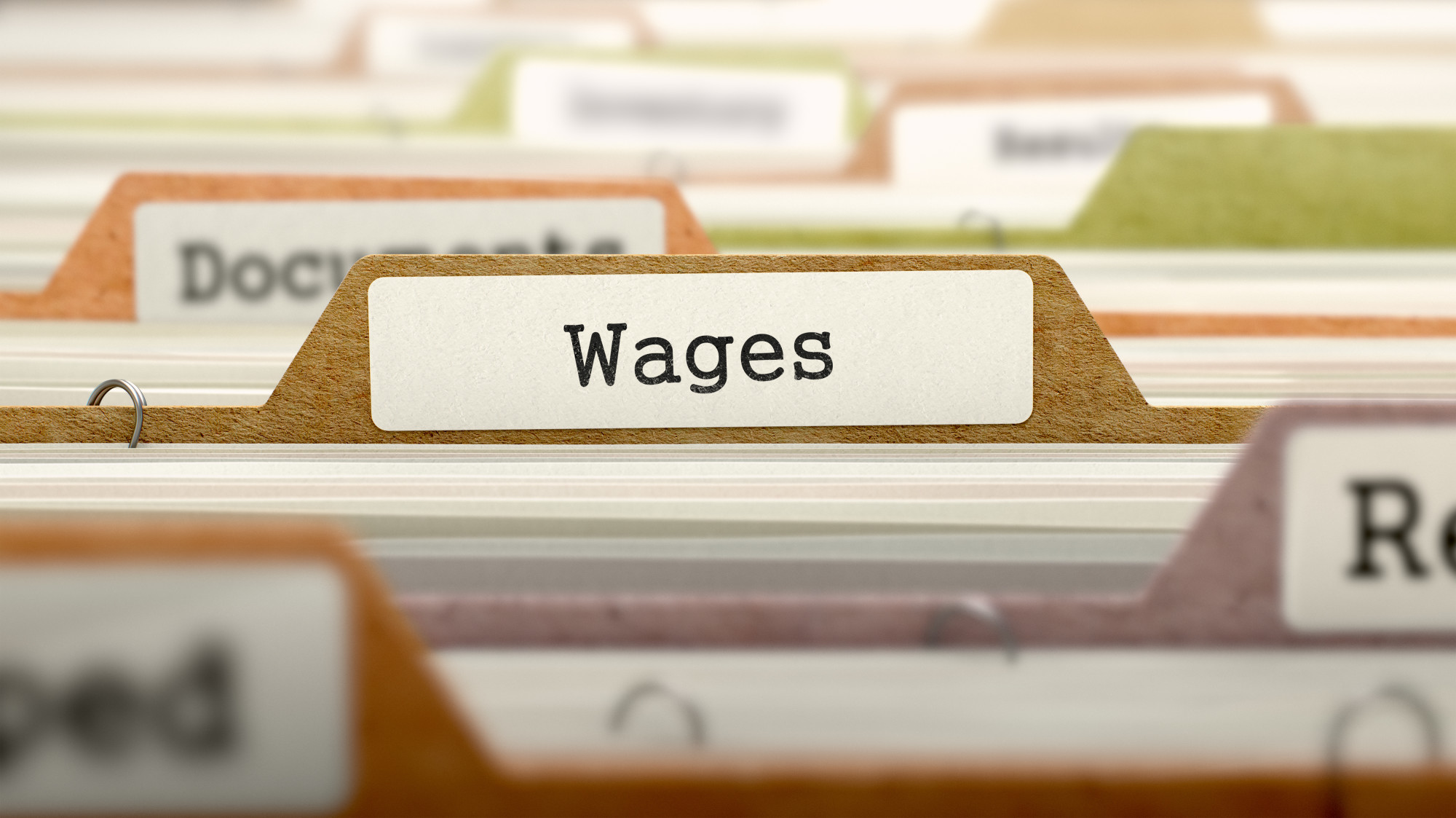Do you work a paid job with a contract? If you do then you should know all about paystubs. Unless your employer is disreputable and has not been playing by the rules you should receive a pay stub every pay period.
But how long should you keep paystubs? This is a question that is much debated and fraught over, particularly if you are short on space in your house.
Don’t panic here’s everything you need to know about keeping pay stubs.
What Are PayStubs?
Paystubs are documents indicating the hours you worked and for what rate of pay, the amount of pay, the pay period, and your tax code. They can also include any other relevant information that will be helpful for you and your employer if a dispute ever arises.
You should check your paystubs carefully at every pay period. Read them over, don’t just scan them. Make sure they tie in with the amount of work you’ve done. Don’t just do an approximate estimation, check your working hours or the calendar app on your phone if necessary. It is important that you are paid correctly.
Check that your tax code is correct and be sure to check that your email address and home address are both up to date so that you don’t miss out on any future paystubs.
Although it’s very easy to create a fake pay stub template for tax purposes if you mislay it, it’s always best to have the originals.
Why Keep Them?
The most important reason to keep paystubs is to resolve disputes if they come up. Your employer might later decide that they have overpaid you want to stop future pay to resolve the issue.
Equally, they might say they have underpaid you, pay you and then decide to go back on this promise later. There is also the prospect of the new overtime rule which can complicate things further.
Keeping your paystubs is an exceptionally good idea so that you have evidence of who paid who further down the line.
You might want to keep your paystubs for tax reasons. The IRS may start an investigation on you for not paying enough tax or you could feel that you are paying too much. There are also complicated arrangments such as payroll giving that a paystub can help explain.
The way to resolve this issue is to release your paystubs as well as other tax documents to the IRS as proof of how much you have been paid during the pay period in dispute.
If you decide to start a business alongside or go self-employed alongside your job then you will also need your paystubs to help you determine how much tax you need to pay on your self-employed income.
Managing your tax in a situation where you have a contracted job and you are self-employed might seem complicated but paystubs can help make it easier. If you have an accountant you can make life easier by handing over your paystubs directly to them.
Digital Paystubs Solve the Issue
Long gone are the days where you have to keep cupboards full of pay stubs going back years. If you are paid weekly this could previously take up huge amounts of space compared to someone paid quarterly.
Now thanks to technology you can keep years worth of paystubs on your computer as digital copies.
Be sure to use a filing system that makes it easy to find the paystubs you are looking for. Name each one by date not by an obscure reference number and then save them into files based on tax years.
The Cloud
Another great development in recent years that makes keeping pay stubs for long periods of time easier than ever is the invention of the cloud. This means your years worth of documents no longer take up space on your hard drive, you can store them safely in a space online.
This also means you can’t lose them if your computer breaks down or you need to replace your computer. Other people can also access them very easily. If you have an accountant you can add him into any of the files so that he can see the documents and make changes where appropriate.
No Time Limit
There is a statute of limitations on litigating many financial transactions that differ from state-to-state. But the general practice is to retain important documents such as tax returns and paystubs for seven years.
With a paper system that might seem difficult to abide by and the reality is most employers and employees probably kept their records for a lesser period of time to save space. Keeping your paystubs for one year and destroying them after you have filed your w2 form and tax return was acceptable.
But the digital era means you can keep your paystubs for seven years if you wish or even longer as they take up very little space and you can keep expanding your cloud storage.
How Long Should You Keep Pay Stubs? It’s Up to You But Tech Makes It Easier
Technology has transformed the way we think about archiving important documents. No longer do we have to worry about hunting around trying to find the right document or about the amount of physical space it might take up.
Instead, we can use services such as the cloud to store an unlimited number of documents for an indefinite amount of time so that we can recall them when we need to.
This makes the question of how long to keep pay stubs redundant. You can keep them for as long or as little as you think you need to.
If you are interested in learning more about questions such as how long should you keep pay stub? Be sure to check out the rest of our site.

